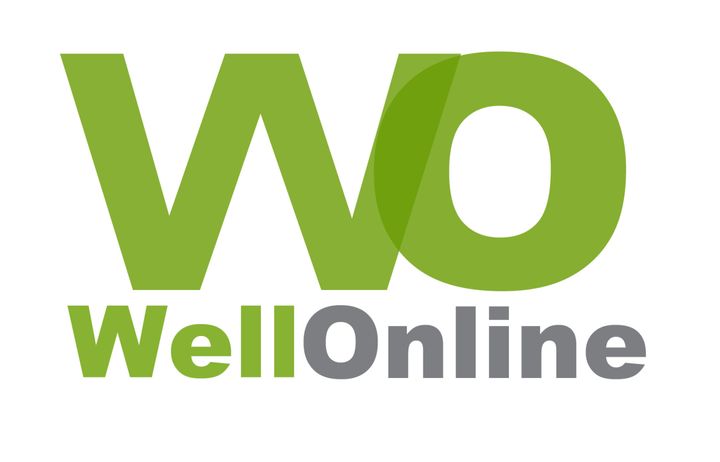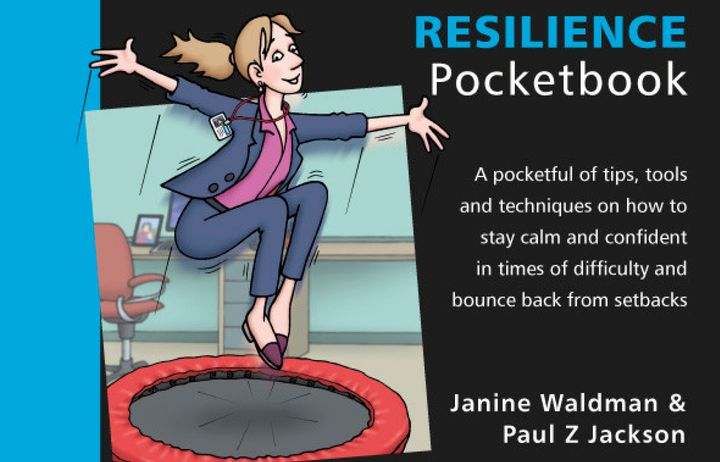How do you manage stress?
How to make stress your friend
Our sense of wellbeing can come from several factors. The more long-lasting might be a sense of meaning, purpose, and growth, and the more fleeting, simple pleasures like a sunny day, a good meal or feeling calm. It can be helpful to consider how satisfied we are with our social connections, mental health and physical health, as well as our work and working environment, to ‘flourish’:
Flourishing means a lot more than the absence of stress or mental ill-health. It is about having energy, passion, self-esteem, improved physical health, supportive relationships, and success in our endeavours. Feeling positive in the workplace has an important part to play, contributing to many of the essential elements of our wellbeing, including our ability to use our strengths and skills, develop, and fulfil our potential. This provides long-term benefits for the engaged and sustainable performance of both individuals and organisations.
There are skills and behaviours that we can all adopt to improve our overall wellbeing, help manage stress and develop resilience, and these form the basis of the range of workshops and support for all staff.
Resilience and stress
Resilience has many different connotations but often refers to the capacity to positively respond to, and cope with, difficult situations, events or setbacks. These difficulties can occasionally be life-changing traumas or tragedies but can also be the build-up of pressure or stress in our day-to-day living. A person demonstrating resilience is not only able to handle such experiences and difficulties at the moment but also to ‘bounce back’ more effectively afterwards. It may also include the possibility of personal learning and growth from even the most challenging situations. Resilience involves proactively building a range of resources that we can draw on when we need to. Resources might include self-awareness, an ability to recognise and manage our energy levels, an understanding of what motivates us, optimism, physical activity and supportive relationships. We often need to find ways to both address the difficulty and support ourselves emotionally.
Resilience is not something you either have, or you don’t – anyone can develop resilience by managing their thoughts, behaviours and actions. If you wish to consider or develop your resilience, you may want to try our workshops, and .
Stress is the physiological and emotional response to a situation of excessive or overwhelming pressure, usually over a period of time. It is seldom a single life event that affects our ability to cope. Despite our best intentions, the impact of stress at work can be felt on our personal lives and vice versa. Common physical signs of stress include sleeping problems, headaches, muscle tension and difficulty concentrating. Common emotional signs include racing thoughts, worry or low self-belief. Stress can affect how you feel, think, behave, and how your body works. If you feel stressed, it can be difficult to see a way to manage the pressure, and it can affect everything you do.
Stress is one of the largest causes of work-related absences and can be indirectly responsible for many other causes, including mental health illnesses, musculoskeletal disorders, colds, and flu. It has also been proven to negatively impact performance, relationships, decision making, and creativity. Stress itself is not an illness, but it can result in more serious problems such as Anxiety and Depression.
If you would like to understand more about stress and its impact and effective measures to reduce and prevent stress for yourself and your teams, then you may want to try our workshops Stress Management: Building Personal Resilience - Online, Mindful Effectiveness - Online, .
Resources







